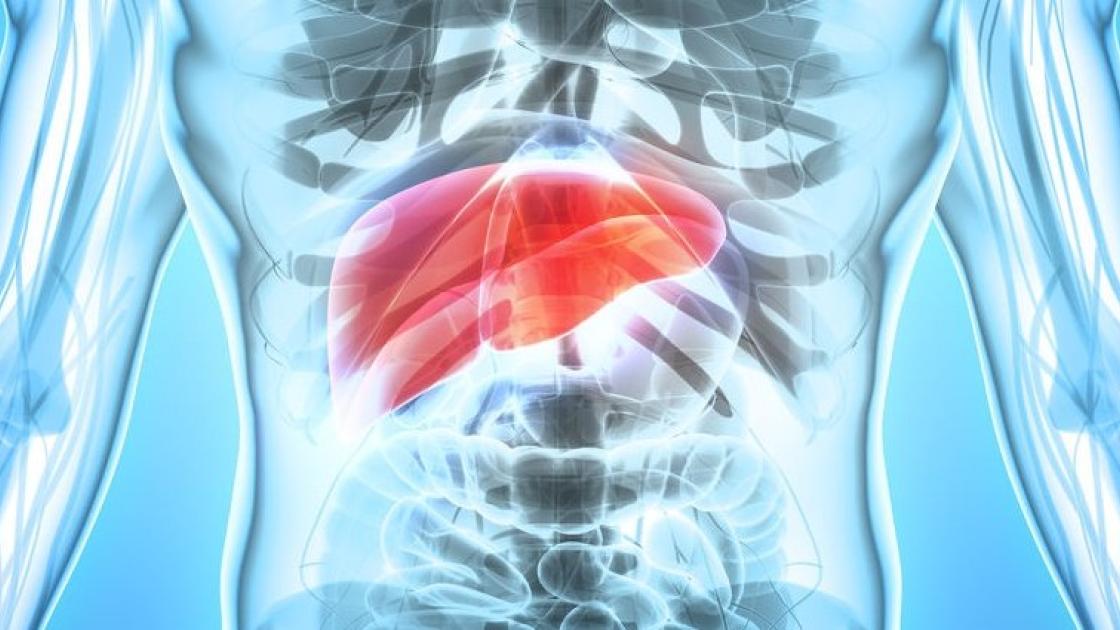
Understanding hepatitis: causes, symptoms and treatment
Hepatitis is a term used to describe a wide range of conditions that currently affect millions of Americans. At SIU Medicine, our team of researchers, physicians and residents are able to bridge the gap between clinical research and clinical application, allowing our patients to experience advances in health care—including the latest innovations in the diagnosis, treatment and prevention of hepatitis.
Hepatitis: The basics
The liver is the body’s largest internal organ, located in the upper right portion of the abdomen. Its main job is to detoxify blood and metabolize chemicals, drugs and other compounds that enter the body via the skin and digestive system. It also stores extra energy in the form of a compound called glycogen (derived from the sugar, or glucose, you eat in your food).
Hepatitis refers to any condition that leads to inflammation of the liver. When the liver is inflamed, it is unable to work properly. This can lead to a variety of issues ranging from mild to severe. If hepatitis is left untreated, a person may develop potentially life-threatening complications including cirrhosis (excessive scarring of liver tissue), liver failure and liver cancer. Hepatitis, particularly hepatitis B and C, may also increase a person’s risk for type 2 diabetes.
Hepatitis doesn’t always have signs or symptoms, but when it does, they may include:
- Decreased appetite
- Vomiting and nausea
- Dark-colored urine
- Pale bowel movements
- Diarrhea
- Abdominal pain
- Swelling in the abdomen
- Fever
- Fatigue
- Weight loss
- Cognitive dysfunction, such as confusion (due to a build-up of toxins in the brain)
- Sleep dysfunction
- Itching of the skin
In severe and/or late stages of hepatitis, a person may develop jaundice, which occurs due to a build-up of a pigment called bilirubin (a common effect of severe liver disease). Jaundice causes a person’s skin and eyes to take on a yellowish hue.
Causes of hepatitis
Hepatitis can occur due to a variety of reasons. Usually, it’s caused by a viral infection, such as Hepatitis A, B or C. These viral forms of hepatitis are typically spread by coming in contact with the bodily fluids of a person already infected by the virus. Hepatitis A is also acquired through consumption of contaminated food or water.
Other causes of hepatitis include chronic drug and alcohol abuse or autoimmune dysfunction in which the body mistakenly attacks its own liver tissue.
Diagnosis & treatment
Hepatitis is generally diagnosed through a combination of tests and measures, including blood tests, imaging studies like a CAT scan or liver ultrasound, liver biopsies, physical exam and medical and family history intake. At SIU Medicine, we use the least invasive and most accurate methods possible to ensure proper and early diagnosis.
Your doctor may recommend testing if you’re exhibiting signs and symptoms of hepatitis or if you have any known risk factors, such as intravenous drug use, multiple sex partners and/or unprotected sexual activity, or if you are on dialysis.
Treatment will depend on both the type and severity of hepatitis and may include medications, drug and alcohol cessation and counseling, and in severe cases liver transplant surgery.
Preventing hepatitis
Hepatitis is largely preventable. Hepatitis A and B, for instance, can be prevented with a vaccine. Other viral forms of the condition can be prevented by practicing good hygiene and safer sex techniques. Responsible alcohol consumption and avoidance of drugs, in addition to other healthy lifestyle behaviors, are also essential to protecting your liver.
If you have questions and concerns about hepatitis and would like to learn more about this and other digestive health issues, contact SIU Medicine at 217-545-8000.




